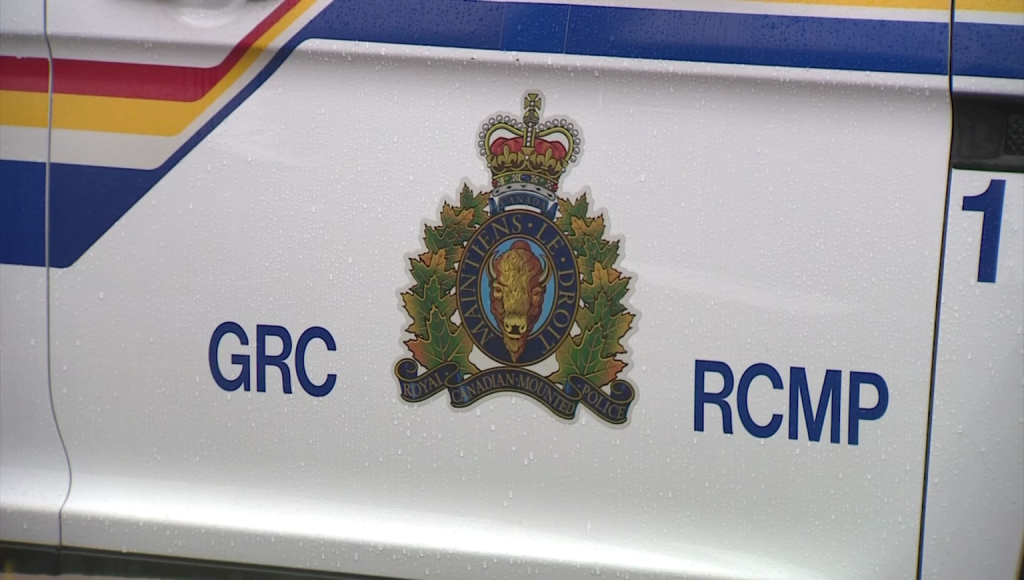Hinshaw admits lulling Albertans into false security over COVID-19
Posted Sep 14, 2021 8:00 am.
Last Updated Sep 14, 2021 11:20 am.
EDMONTON – Alberta’s chief medical officer of health is walking back statements she made several months ago about the state of the coronavirus.
In a Primary Care Network panel, Dr. Deena Hinshaw says she may have lulled Albertans into a false sense of security over COVID-19, apologizing for claiming that the pandemic was over back in July.
Speaking to docs, nurses & health experts, #Alberta's CMOH Deena Hinshaw admits she lulled the province into a false sense of security, saying she shouldn't have claimed COVID was over in July… Apologizing. #COVID19AB #yyc #yeg #abpoli #ableg Full vid: https://t.co/WdsQ7QPnIw
— Saif Kaisar (@StaySaif) September 14, 2021
“I feel very responsible for the narrative that has made it more complicated to put additional health measures in place,” Hinshaw said.
“Whether or not it was my intention, what was heard at the end of July was COVID is over, we can walk away and ignore it. That has had repercussions and I deeply regret how that has played out.”
She explained that the province is still dealing with a deadly fourth wave.
RELATED:
-
COVID-19 related deaths jump for second straight weekend, ICU admissions reach record high
-
Alberta will use COVID-19 triage protocol if healthcare system too stressed
-
Young unvaccinated Albertans need ‘significant ICU care,’ says ER doctor
-
Alberta to assess current COVID-19 health measures before considering new ones
“Obviously Alberta is in a significant crisis state right now, there’s no dancing around that. But I think it’s very important to remember that Delta caught a bunch of us unaware.”
She also walked back comments where she claimed COVID-19 was in an endemic state.
“I don’t know when we’ll get to a true endemic state,” she said during the panel.
“Unfortunately, Delta has spread much more quickly and has had more severe outcomes than we had anticipated, and that’s something that’s been seen in many places around the world.”
RELATED:
-
Data shows passports more effective than lotteries to boost vaccination rates
-
65 Alberta doctors send letter urging province to create vaccine passport
-
Alberta Medical Association head calling for vaccine passport
-
Support for vax passport grows, some say unvaxxed should not receive priority medical care
She also regretted taking away contact tracing, but said it’s too late to rehire tracers and re-establish that system.
“Would I have taken away contact tracing if I had known this was going to be the fourth wave experience? I don’t think that would’ve been the right time to do it,” Hinshaw said.
“But once that had been taken away, to try and build it back up again in a time where we need health care providers to provide individual clinical care, we need them to do the testing, there’s a shortage of individuals to do all these roles. So, to bring healthcare professionals in to do the contact tracing, especially when I looked at our own trajectory of cases, when I looked at our neighbouring provinces, really at this point in time I think what the interventions that will make a difference are the other public health interventions.”
RELATED:
-
Calgary, Edmonton chambers say support for vaccine passport growing
-
Twelve Alberta mayors call for province to implement COVID-19 vaccine passport
-
Alberta businesses frustrated with lack of provincial vaccine passport
-
Poll: majority of Canadians favour vaccine passport for non-essential places
In B.C., there has been a seven per cent increase in vaccine doses administered to people between the ages of 18-39 after that province introduced vaccine passports.
“I think it’s pretty clear that requirements, especially for discretionary activities, can have an impact on those age groups where we most need right now to increase our uptake,” Hinshaw said.








